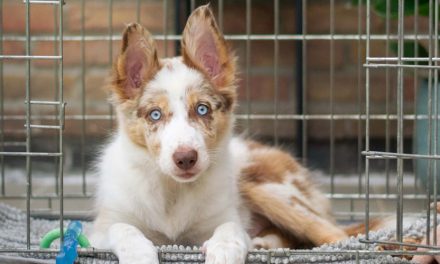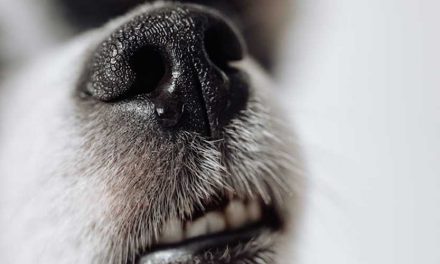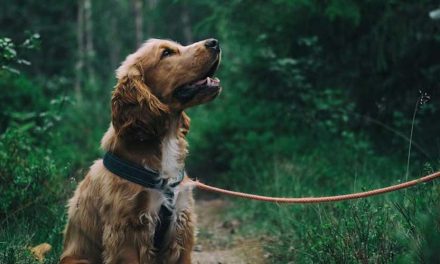When it comes to understanding dog habits and behaviour, there’s no one-size-fits-all solution.
Every dog is unique and may display a range of different habits depending on their breed and individual personality.
But there are some common dog behaviours that most domestic dogs share that can help us better understand our canine companions.
DOG HABITS
One common dog behaviour is digging
Dogs dig for a variety of reasons, such as to bury bones or toys, escape confinement, or simply to explore and satisfy their curiosity.
In order to discourage this behaviour it’s important to provide dog-proof fencing and regular exercise, so they are less inclined to find an alternative way out!
A highly experienced dog trainer could also assist. The ‘Come Away’ command can be highly effective.
Anxiety is another reason for digging and abnormal dog behavior.
An Adaptil Pheromone collar can also be highly effective in resolving this type of anxiety in your beloved four-legged friend.
ANOTHER COMMON DOG BEHAVIOUR IS CHEWING
Like digging, dog chewing can be a sign of boredom or stress, and can often indicate that your dog needs more exercise or mental stimulation.
To reduce the chances of them damaging items in your home it’s important to provide appropriate chew toys and treats to give them an outlet for their natural urge to chew.
The following are helpful in stopping this unwanted dog behaviour:
- Coffee Wood – helps against chewing wooden objects and furniture.
- Milk Bones – helps against chewing on other objects and furniture.
- Fabric toys – helps against fabric and furniture chewing.
The above cannot guarantee to stop chewing, however they have a good proven track record.
FINALLY, DOG BARKING IS ANOTHER COMMON DOG BEHAVIOUR
Dogs bark for a variety of reasons such as to alert their owners to the presence of intruders or other animals, communicate with other dogs, and even express emotions like joy, excitement, warnings and fear.
To reduce excessive barking it’s important to understand what’s causing it before trying to address the behaviour.
If related to fear of other dogs, objects, vehicles or humans seek advice and support from a qualified and experienced dog behaviourist.
Barking for attention – try gaining assistance and training from an experienced dog trainer.
DOG HABITS CONCLUSION
By understanding dog habits and behaviours, we can better appreciate our canine companions and create a more harmonious home environment.
With patience and understanding, even the most challenging dog behaviour can be addressed with positive reinforcement and rewards-based training methods.
By offering your dog consistent guidance and plenty of love, you’ll quickly see just how loyal and affectionate they can be.
If you have any questions or concerns about dog behaviour, it’s best to consult a professional dog trainer or behaviourist.










